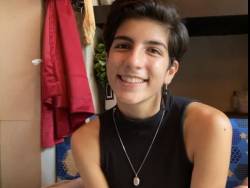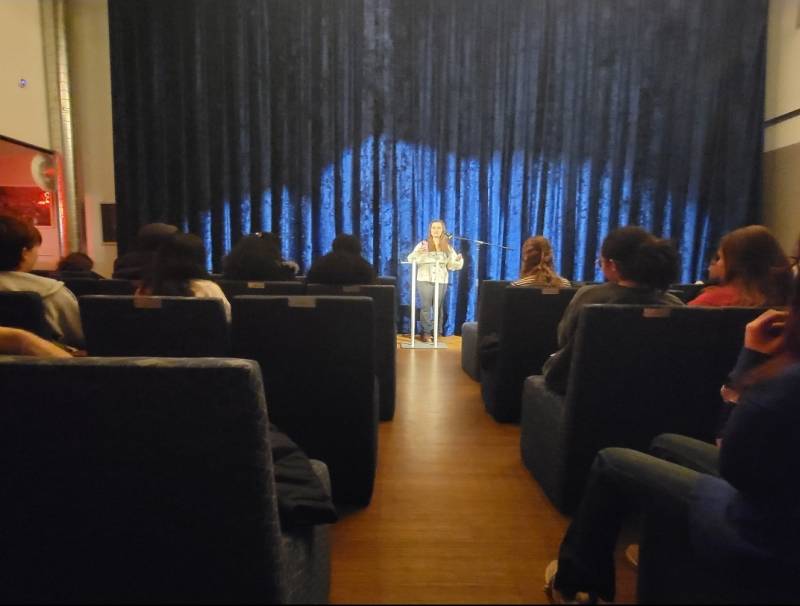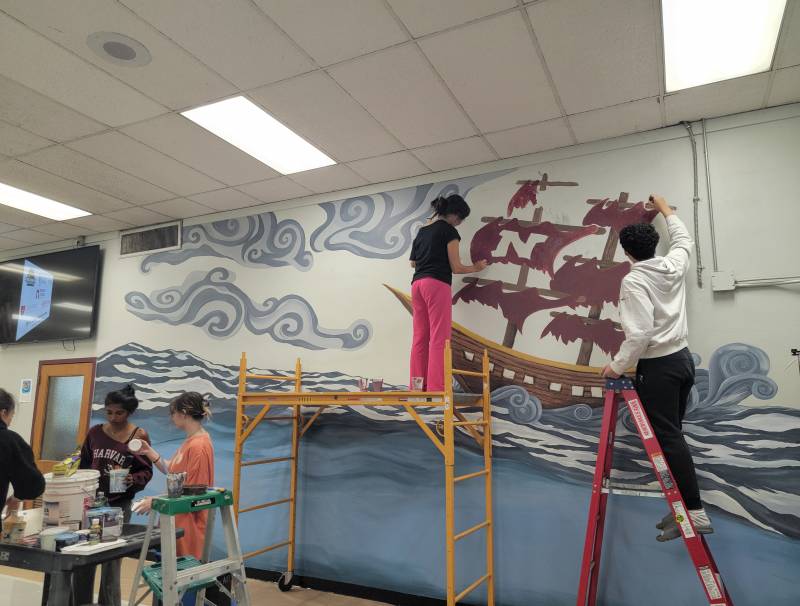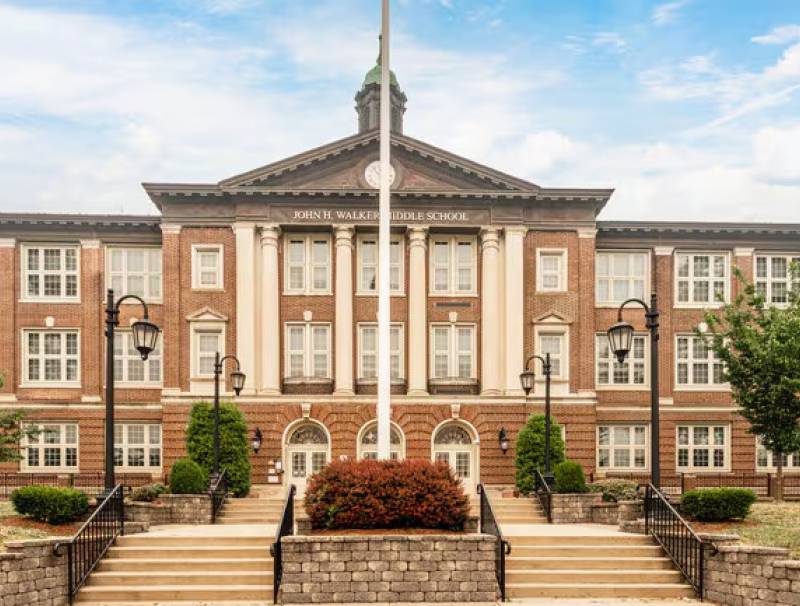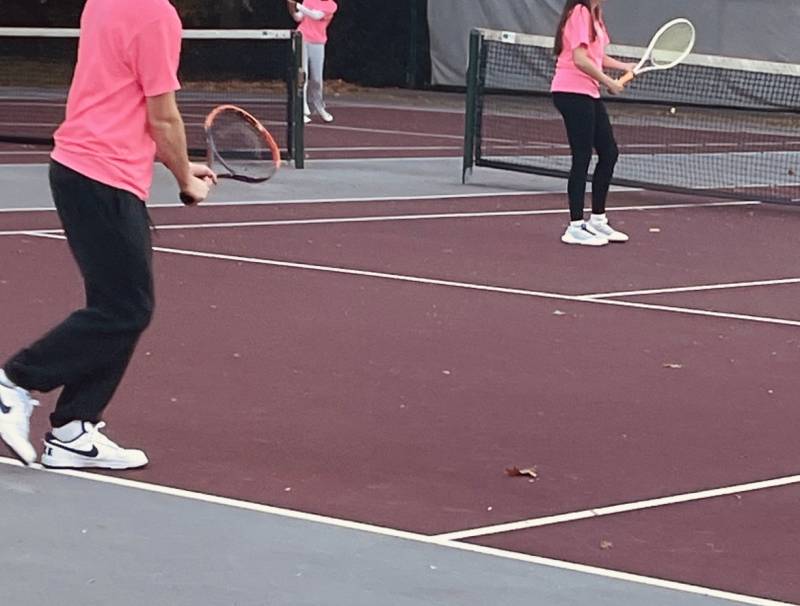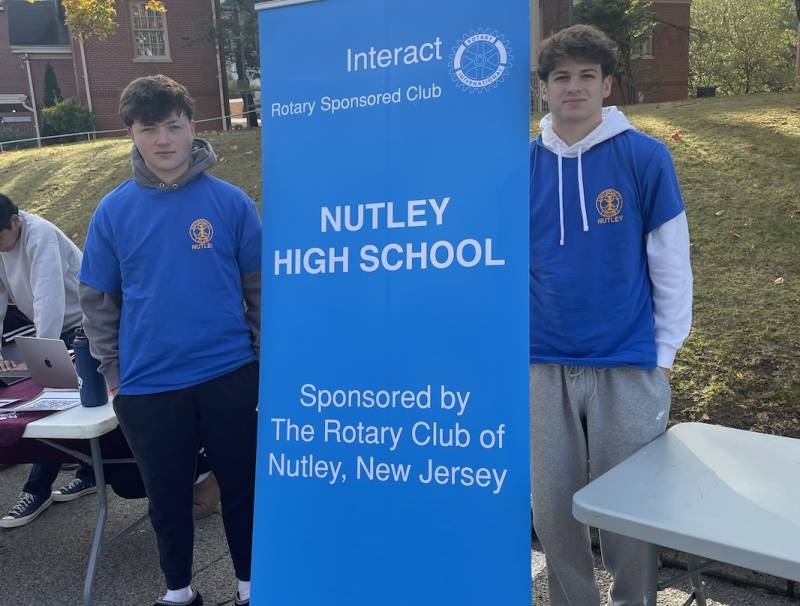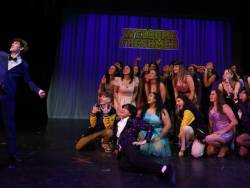Why has Russia invaded Ukraine and what does Putin want?
Russia has launched a devastating attack on Ukraine, a European democracy of 44 million people, bombarding its cities and closing in on the capital, Kyiv, prompting a mass exodus of refugees.
But why did Russia's authoritarian leader tear up a peace deal with his neighbor and unleash what European leaders have labeled "Putin's war"?
He has shattered peace in Europe and thrown the continent's entire security structure into jeopardy.
Why did Russian troops invade?
In a pre-dawn TV address on February 24, President Putin declared Russia could not feel "safe, develop and exist" because of what he claimed was a constant threat from modern Ukraine.
Immediately, airports and military headquarters were attacked, then tanks and troops rolled in from Russia, Russian-annexed Crimea and its ally Belarus. Big cities have been shelled, neighborhoods razed to the ground and millions of Ukrainians have fled their homes.
And yet Russia bans the terms war or even invasion, threatening journalists with jail if they do. For President Putin this is a "special military operation".
Many of his justifications for war were false or irrational.
He claimed his goal was to protect people subjected to bullying and genocide and aim for the "demilitarisation and de-Nazification" of Ukraine. There has been no genocide in Ukraine: it is a vibrant democracy, led by a president who is Jewish.
"How could I be a Nazi?" said Volodymyr Zelensky, who has likened Russia's onslaught to Nazi Germany's invasion in World War Two. Ukraine's chief rabbi and the Auschwitz Memorial have also rejected Russia's slur.
President Putin has frequently accused Ukraine of being taken over by extremists, ever since its pro-Russian president, Viktor Yanukovych, was ousted in 2014 after months of protests against his rule.
But Ukraine has not lurched to the right, it has turned to the West, and Russia's leader aims to reverse that. Those protests broke out when Moscow pressed Ukraine's president not to sign a 2013 association treaty with the EU.
Russia retaliated in 2014 by seizing the southern region of Crimea and triggering a rebellion in the east, backing separatists who have fought Ukrainian forces in an eight-year war that has claimed 14,000 lives.
Ukraine has made clear it wants to join the European Union and the Western defensive alliance, Nato, but the Kremlin will not have it.
In late 2021, Russia began deploying big numbers of troops close to Ukraine's borders. President Putin repeatedly denied planning an invasion, but then he scrapped the 2015 Minsk peace deal for the east and recognized areas under rebel control as independent.
As he sent in the troops, he accused Nato of threatening "our historic future as a nation".
How far will Russia go?
It is already clear Vladimir Putin seeks to take control of Ukraine and overthrow its democratically elected government. President Zelensky said he had been warned "the enemy has designated me as target number one; my family is target number two".
Russia's stated goal is that Ukraine be freed from oppression and "cleansed of the Nazis". Under this false narrative of a Ukraine run by fascists since 2014, Putin has spoken of bringing to court "those who committed numerous bloody crimes against civilians".
He has denied aiming to occupy Ukraine and he rejected a UK accusation before the war that he was plotting to install a pro-Kremlin puppet, but then he said there would be no invasion either. One unconfirmed intelligence report says he aims to split the country in two.
There is no immediate threat to Russia's Baltic neighbors, but Nato has bolstered their defenses just in case.
One clue to his war aims came in an editorial published on February 26 then deleted by state news agency Ria-Novosti in which the writer praised a new world order where Russia was restoring its pre-1991 Soviet unity, gathering the so-called Russian world of Russians, Belarusians and Little Russians (Ukrainians).
Last year, President Putin wrote a long piece describing Russians and Ukrainians as "one nation", and he has described the collapse of the Soviet Union in December 1991 as the "disintegration of historical Russia".
A puppet has worked out in Belarus, through long-time authoritarian leader Alexander Lukashenko, but in Ukraine, that is quite another matter.
What are Putin's demands?
To stop the war, the Russian leader wants Ukraine to recognize Crimea as part of Russia and to recognize the independence of the separatist-run east. And he demands that Ukraine changes its constitution to guarantee it will not join Nato and the EU.
But his demands do not stop there.
He wants Nato to turn the clock back to 1997 and reverse its eastward expansion, complaining Russia has "nowhere further to retreat to - do they think we'll just sit idly by?".
That would require Nato removing its forces and military infrastructure from member states that joined the alliance in 1997 and not to deploy "strike weapons near Russia's borders". That means Central Europe, Eastern Europe and the Baltics.
Germany's chancellor Olaf Scholz believes this goes beyond Nato and that Russia's leader "wants to take over Europe according to his world view". Putin wants a Russian empire, he warns.
In President Putin's eyes, the West promised back in 1990 that Nato would expand "not an inch to the east", but did so anyway.
That was before the collapse of the Soviet Union, however, so the promise made to then-Soviet President Mikhail Gorbachev only referred to East Germany in the context of a reunified Germany. Gorbachev said later "the topic of Nato expansion was never discussed" at the time.
How dangerous is this invasion for Europe?
These are terrifying times for Ukrainians as shells and bombs have rained down on their cities and more than two million have fled to neighboring countries.
Poland, Hungary, Romania, Moldova and Slovakia are dealing with a dramatic influx of refugees and the EU has warned that at least five million more could be displaced.
But it is also a decisive moment that threatens to tear up Europe's post-World War Two security structure.
Russia's leader has put his nuclear forces on high alert, days after threatening the West with "consequences the likes of which you have never seen" if it stands in his way.
Recalling the Cold War, Volodymyr Zelensky has spoken of Ukraine battling to avoid a new iron curtain closing Russia off from the civilized world.
For Europe's leaders, this invasion has brought some of the darkest hours since World War Two. France's Emmanuel Macron has spoken of a turning point in Europe's history.
For the families of both armed forces, these are anxious days. Ukrainians have already suffered a grueling eight-year war with Russian proxies. The military has called up all reservists aged 18 to 60 years old.
This is not a war Russia's population was prepared for, either, as the invasion was rubber-stamped by a largely unrepresentative upper house of parliament.
Thousands of anti-war protesters have been detained and independent Russian broadcasters have been taken off the air, in a state whose main opposition leader was poisoned with a nerve agent before being thrown in jail.
More than 100,000 Russians have voted with their feet and fled abroad.
What can the West do?
Nato's defensive alliance has made clear there are no plans to send combat troops to Ukraine itself. But member countries have provided weapons and field hospitals and the EU, for the first time in its history, is to buy and send arms and other equipment.
Nato has deployed several thousand troops in the Baltic states and Poland and for the first time is activating part of its much larger rapid reaction force. Nato will not say where but some could go to Romania, Bulgaria, Hungary and Slovakia.
At the same time, the West is targeting Russia's economy, financial institutions and individuals:
- Russia's central bank has had its foreign assets frozen and major Russian banks have been shut out of the international Swift payment network, which allows the smooth and rapid transfer of money across borders
- The US has banned imports of Russian oil and gas; the EU aims to cut gas imports by two-thirds within a year and the UK aims to phase out Russian oil by the end of 2022
- Germany has halted approval on Russia's Nord Stream 2 gas pipeline, a major investment by both Russian and European companies
- Russian airlines have been barred from airspace over the EU, UK and Canada
- Personal sanctions have been imposed on President Putin, Foreign Minister Sergei Lavrov and many other individuals
- Russia's state-run media Sputnik and Russia Today, seen as a Kremlin mouthpiece, are being banned across the EU
- The Russian city of St Petersburg will no longer be able to host this year's Champions League final and the Russian Grand Prix will not take place in Sochi.
What has Nato said?
Nato is a defensive alliance with an open-door policy to new members, and its 30 member states are adamant that it will not change. In the words of Secretary-General Jens Stoltenberg, it is Ukraine's choice whether to aspire to membership and for the 30 allies to decide.
Ukraine's president initially called for a clear timeline for entry, but later moderated his stance when he realized it was not on the cards for some years. "I cooled down regarding this question a long time ago," President Zelensky told ABC News.
Ukraine's bid may be off the table, but the idea that any existing Nato country would give up its membership is a non-starter.
Is there a diplomatic way out?
There seems very little chance for the moment, even if the two sides have held several rounds of talks.
Ukraine has already moved on Nato, but Russia insists Kyiv lays down its arms and demilitarizes, and that will not happen.
Beyond the war, any eventual deal would have to cover the status of eastern Ukraine and Crimea as well as arms control with the West.
The US had offered to start talks on limiting short- and medium-range missiles, as well as on a new treaty on intercontinental missiles. Russia wanted all US nuclear arms barred from beyond their national territories.
Russia had been positive towards a proposed "transparency mechanism" of mutual checks on missile bases - two in Russia, and two in Romania and Poland.


